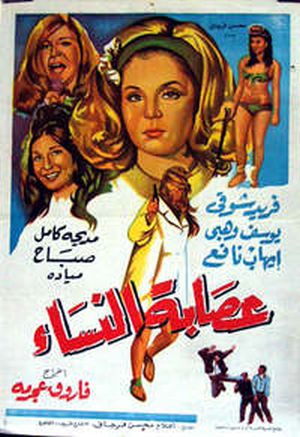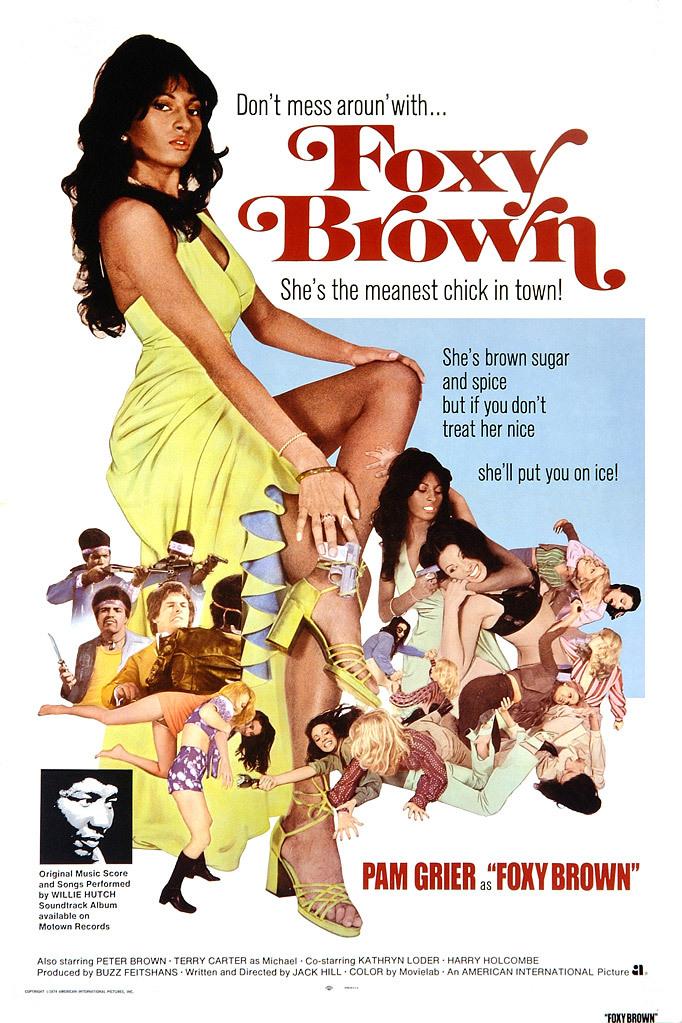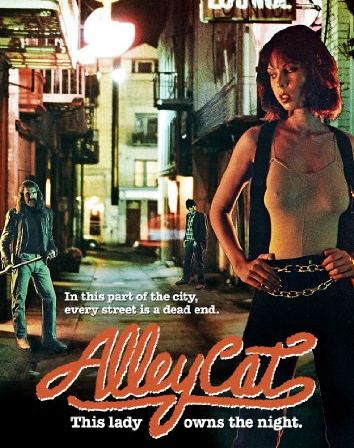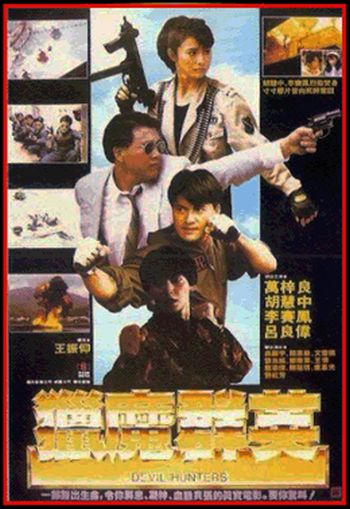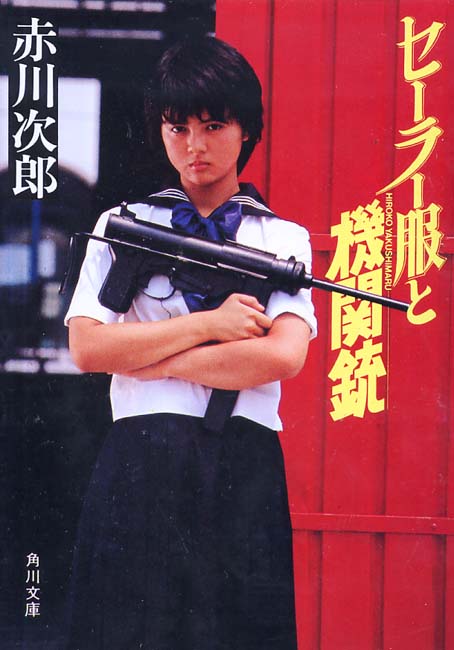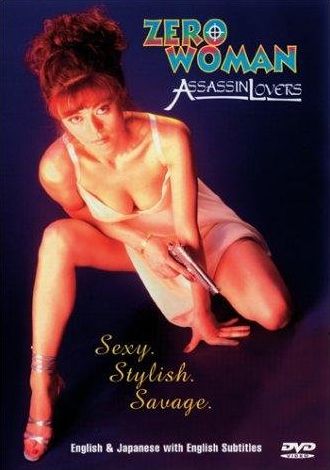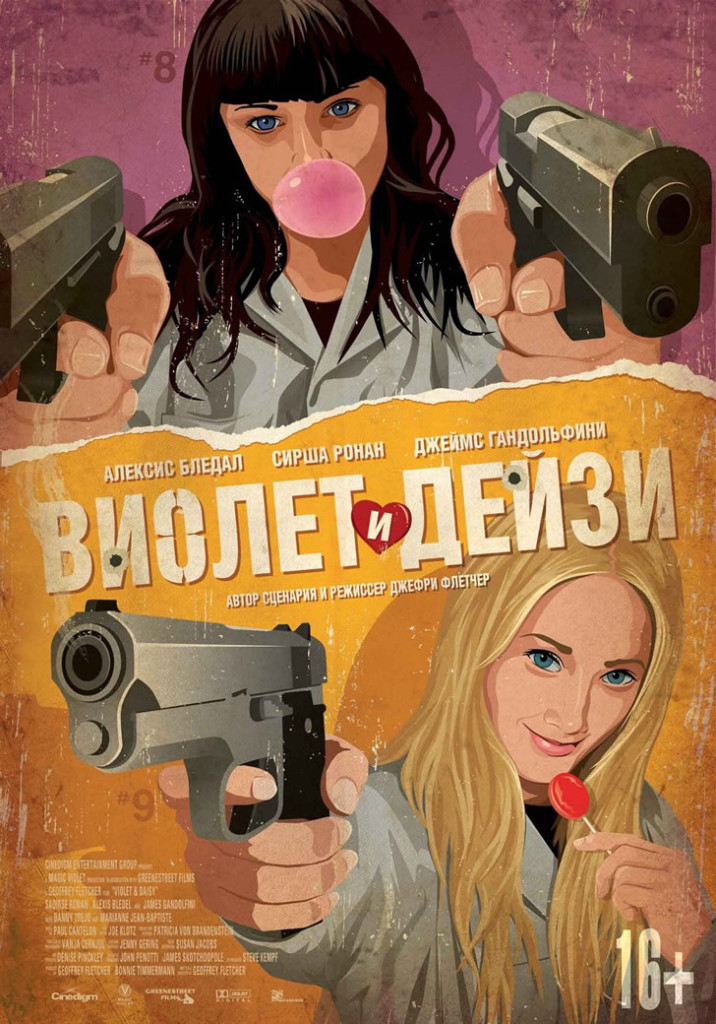★★★★
“No luck of the Irish to be found here.”

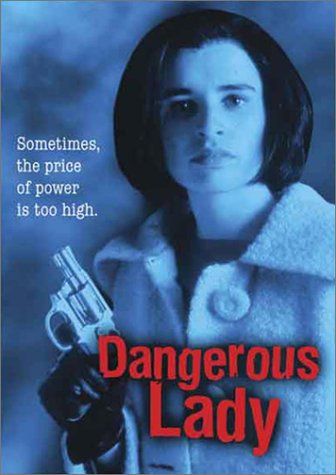 Based on the debut novel by British crime writer Martina Cole, this depicts the life of Maura Ryan (Lynch), the only daughter in her family, whose brothers are making a push for increased power in the underworld of 1960’s London, much to the disapproval of the Ryan’s matriarch (Hancock). Leading the push is Michael (Isaacs), who has more than a touch of Ronnie Kray about him, being both homosexual and a borderline psychotic. Maura falls in love with Terry Patterson (Teale), and is shocked to discover he’s a policeman. When he comes under pressure from colleagues to use their relationship, he ends it – unaware that Maura has just become pregnant. She is forced to have an abortion, which leaves her insides looking like they’ve been weed-whacked, and vows she’s going to show him, by becoming every bit the gangster peer of her brothers. But the path to the top is littered with dead bodies, of foes, friends and family.
Based on the debut novel by British crime writer Martina Cole, this depicts the life of Maura Ryan (Lynch), the only daughter in her family, whose brothers are making a push for increased power in the underworld of 1960’s London, much to the disapproval of the Ryan’s matriarch (Hancock). Leading the push is Michael (Isaacs), who has more than a touch of Ronnie Kray about him, being both homosexual and a borderline psychotic. Maura falls in love with Terry Patterson (Teale), and is shocked to discover he’s a policeman. When he comes under pressure from colleagues to use their relationship, he ends it – unaware that Maura has just become pregnant. She is forced to have an abortion, which leaves her insides looking like they’ve been weed-whacked, and vows she’s going to show him, by becoming every bit the gangster peer of her brothers. But the path to the top is littered with dead bodies, of foes, friends and family.
There’s not a great deal here which you haven’t seen in a million other dramas about organized crime, be they set in America with the mafia, or Hong Kong and the triads. The whole “trying to go straight and make an honest life” thing is certainly not new, and strapping a skirt on, isn’t enough to make it so. It’s really the performances which make this work, and the acting is top-notch. Among the men, Isaacs is outstanding, going from zero to brutal in the blink of an eye, and you certainly get the notion of someone who was turned into what he became (Cole doesn’t explicitly snort derisively at “born that way”, but it’s certainly implied abuse as a youngster by another mobster is behind many of Michael’s problems). He’s a bundle of conflicting emotions: fiercely loyal to family members, but capable of savage brutality to anyone who betrays him, or whom he considers a threat.
But it’s Lynch and Hancock who are the driving force here, and both are excellent. The latter was a veteran of 40-plus years in plays, films and TV, and portrays Mrs. Ryan as being a loving mother, but one who gradually comes to the conclusion that they are beyond her control, Michael in particular. However, by the time she has realized this, she’s helpless to do anything much about it, except bar Michael from the house, even though that causes her pain, probably only a mother can know. Lynch plays Maura with very much the same streak of stubborn steel. As the show develops over its 50-minutes episodes, she becomes someone who won’t let anyone, least of all her family, tell her what to do, because she has seen the consequences of those bad decisions. She may not be right, but if she isn’t, at least it’s her own choice. You can’t help rooting for Maura, a victim of circumstance, as she negotiates the tricky life of a woman in the era, especially one in an area certainly not exactly female-friendly.
It’s slightly disappointing that we don’t get to see Maura go all Scarface on anyone; despite the cover picture, I’m not certain I recall her pulling the trigger at any point. However, that didn’t dampen our enthusiasm for a solid slab of television drama, and we were sad to reach the end and realize that there were only four episodes – it’s an idea which could certainly have sustained a full season. I’ve now acquired a few of Cole’s books, and look forward to reading them in due course.
Dir: John Woods
Star: Susan Lynch, Jason Isaacs, Owen Teal, Sheila Hancock





 Purely coincidental that I viewed this not long after
Purely coincidental that I viewed this not long after 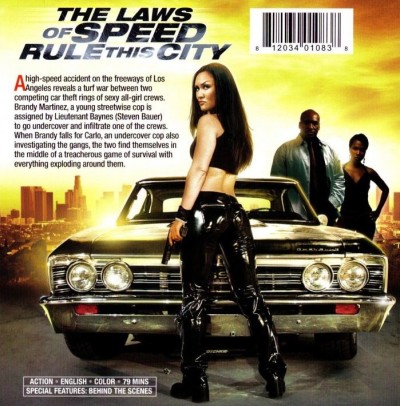 After a freeway chase ends in a fatal crash, a policewoman (Lizette) goes undercover to infiltrate the warring gangs of car thieves responsible. As “Baby” Martinez, she helps Eve (Lethridge) evade capture by an irate car-owner and, as a result, is recruited to join the all-female group of which Eve is a part, operating under the protection of Mama (Olivia Brown). However, Eve has a past to contend with, having defected from the gang led by Knight (Parker) – and worse still, taken his classic car with her. Unknown to her, the trunk holds a stash of drugs, whose loss leaves Knight feeling the heat from those in the criminal food chain above him. As a result, he’s prepared to go to any lengths to recover his property.
After a freeway chase ends in a fatal crash, a policewoman (Lizette) goes undercover to infiltrate the warring gangs of car thieves responsible. As “Baby” Martinez, she helps Eve (Lethridge) evade capture by an irate car-owner and, as a result, is recruited to join the all-female group of which Eve is a part, operating under the protection of Mama (Olivia Brown). However, Eve has a past to contend with, having defected from the gang led by Knight (Parker) – and worse still, taken his classic car with her. Unknown to her, the trunk holds a stash of drugs, whose loss leaves Knight feeling the heat from those in the criminal food chain above him. As a result, he’s prepared to go to any lengths to recover his property.
